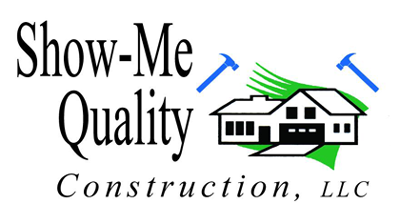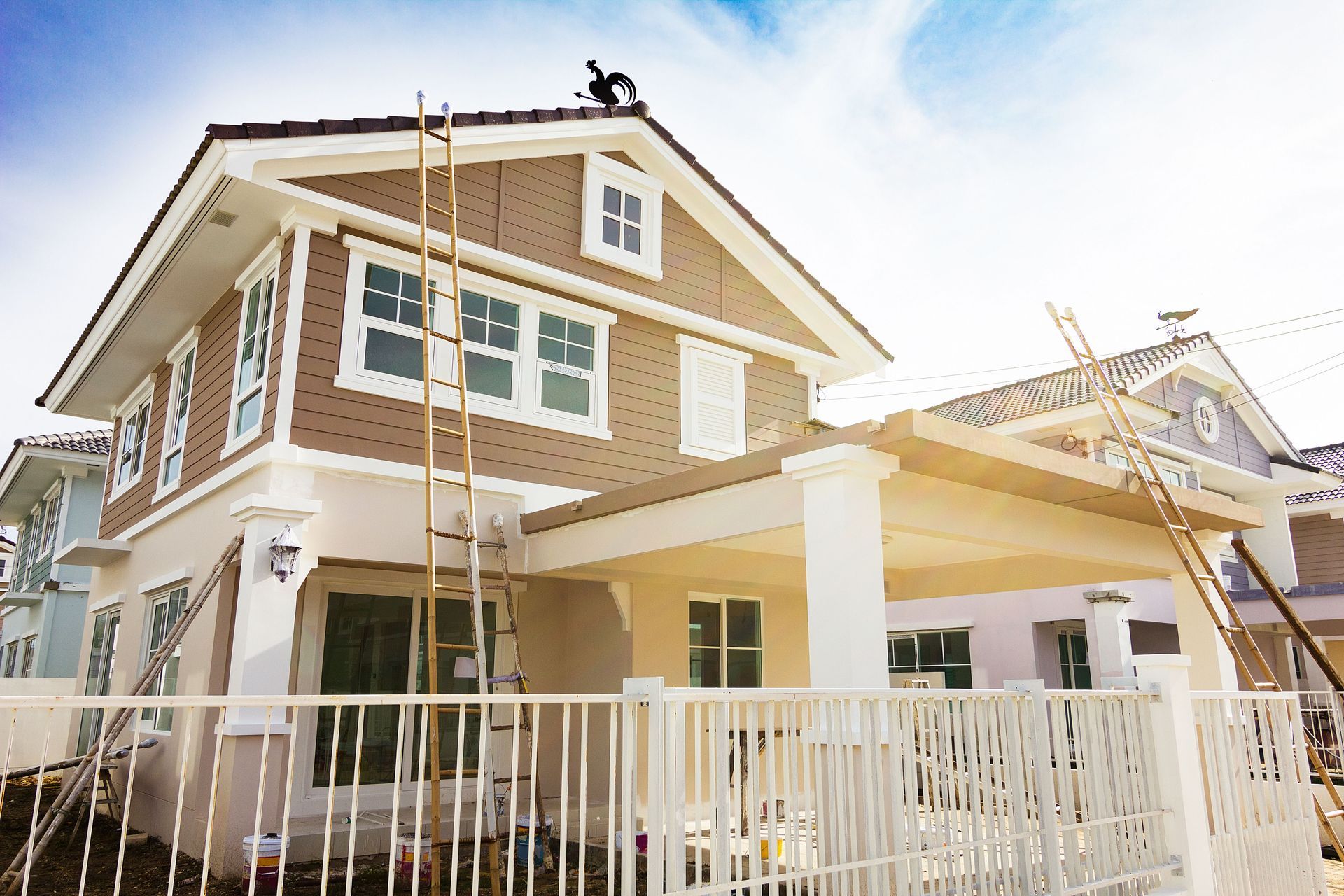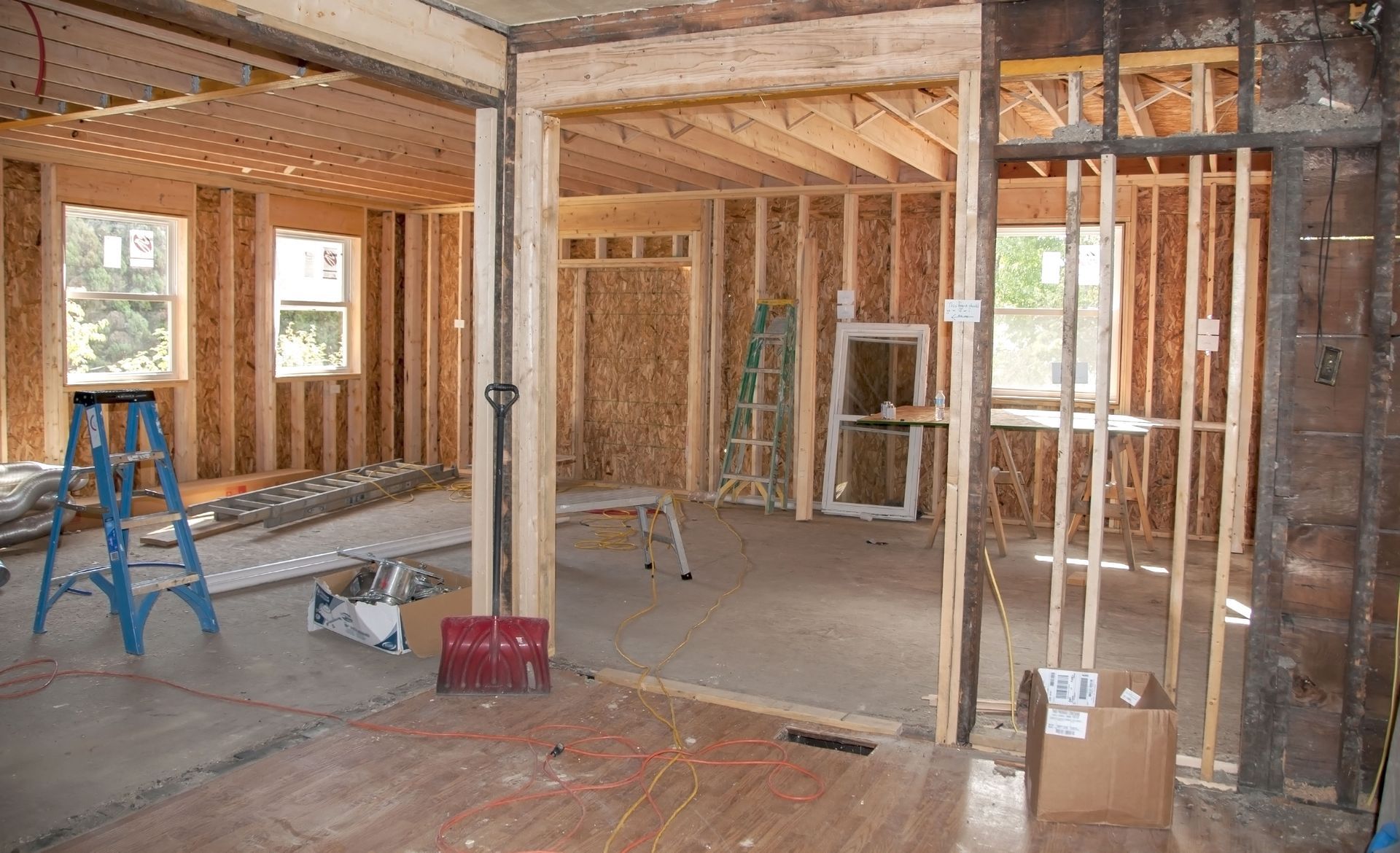How to Choose the Right Home Builders for Your Project
Building a home is one of the most exciting milestones in life, but it can also be one of the most stressful if you don’t choose the right team to make it happen. The contractor you select will shape the quality, timeline, and overall experience of the process, which makes careful selection absolutely crucial. With so many companies offering their services, finding reliable home builders can feel overwhelming at first.
According to IBISWorld, the U.S. home building industry is vast, with an estimated 456,000 businesses operating as of 2025. That means homeowners have more options than ever before, but it also means the competition for your project is fierce. Understanding how to narrow the field and evaluate your choices will help you avoid costly mistakes and ensure you find the right match for your vision.
Researching Options
The first step in choosing a builder is simply knowing where to look. Start by asking friends, family, and coworkers for recommendations; word-of-mouth often points to reliable professionals. You can also consult local directories and online resources that list licensed contractors in your area. By casting a wide net at the start, you’ll create a pool of home builders worth investigating further.
From there, it’s important to narrow down your list to a manageable number of candidates. Identify builders who have completed projects similar to yours and who are conveniently located. This makes it easier to schedule meetings and site visits. Taking this early time to research options carefully will set the tone for a smoother process later on.
Checking Credentials
Once you’ve assembled a shortlist, the next step is verifying that each builder is qualified to do the work. Proper licensing ensures that a builder is legally allowed to operate in your state and has met certain professional standards. Additionally, look for certifications, which show a commitment to quality and ongoing education. Choosing home builders who can back up their claims with credentials is one of the safest ways to protect your investment.
Insurance is another critical piece to consider. Builders should carry both liability insurance and workers’ compensation coverage to safeguard against potential financial risks. If a contractor cannot provide proof of insurance or avoids answering questions about bonding, consider it a red flag. Thoroughly checking credentials may take extra time, but it ensures peace of mind down the road.
Comparing Portfolios
A builder’s portfolio is like their résumé; it showcases their skills, style, and range of expertise. Carefully reviewing past projects will give you a sense of their design capabilities and craftsmanship. If you’re dreaming of a modern, open-concept home, for example, look for completed projects that align with that vision. Portfolios make it easier to match your preferences with home builders who specialize in your style. A strong portfolio should not only highlight finished homes but also demonstrate the builder’s ability to solve challenges and adapt to client needs.
Consistency across projects is also an important sign of quality. Examine how builders handle finishes, layouts, and details in different homes. Do they deliver the same level of care on smaller projects as they do on larger ones? Pay attention to whether their work demonstrates both creativity and reliability across various styles. By comparing portfolios thoughtfully, you can quickly determine whether a builder’s strengths fit your unique goals.
Reading Reviews
Customer reviews and testimonials offer valuable insights that portfolios alone cannot provide. While photos show the finished product, reviews reveal the client’s experience along the way. Look for recurring themes in feedback, whether positive or negative, to better understand what working with certain home builders will really be like.
Not all reviews carry equal weight, however. Some may be overly emotional or even fake, so it’s wise to look for patterns across multiple sources. When possible, ask builders for references and follow up with past clients directly. Hearing firsthand accounts of punctuality, communication, and professionalism will help you make a more informed decision.
Evaluating Communication
Even the most skilled builder can fall short if they fail to communicate effectively. Pay close attention to how prospective contractors answer your questions during the initial consultation. Do they provide clear, straightforward explanations? Transparent and responsive home builders are much easier to work with over the long term.
Communication is especially important when challenges arise, as they inevitably will in any construction project. A good builder will proactively update you, present solutions, and make you feel included in the decision-making process. Early interactions are often the best predictor of how communication will unfold throughout your project, so trust your instincts.
Understanding Costs
Budgeting is often one of the most stressful parts of building a home, which makes it essential to understand how builders structure their costs. When you receive estimates, make sure they are itemized and transparent. Reliable home builders will break down labor, materials, and potential additional fees so you aren’t left with surprises later.
It’s also important to balance affordability with quality. The lowest bid isn’t always the best choice if it means compromising on craftsmanship or materials. Conversely, the highest estimate doesn’t guarantee the best outcome. By carefully evaluating costs and asking questions about each line item, you’ll gain a clearer picture of what you’re paying for and why.
Visiting Sites
Portfolios and brochures are helpful, but nothing compares to seeing a builder’s work firsthand. Visiting active job sites allows you to observe how a team operates in real time. Take note of how organized the site is, whether safety protocols are followed, and how workers interact. These details offer important clues about the professionalism of different home builders.
Site visits also allow you to assess the quality of materials being used and the overall workflow of the project. If possible, tour completed homes as well as those still under construction. This way, you can compare the process to the finished product. Seeing the full cycle of a project builds confidence in your decision.
Finalizing Contracts
Once you’ve chosen your builder, the contract becomes the foundation of your working relationship. A thorough agreement should outline the scope of work, timeline, payment schedule, and warranties. Don’t hesitate to ask questions or request revisions before signing; reputable home builders will appreciate your desire for clarity.
Legal details matter just as much as construction details. Ensure the contract specifies procedures for handling disputes, unexpected delays, or cost changes. By finalizing a clear, detailed agreement, you protect yourself and set the stage for a smoother building process. A well-crafted contract is your safeguard against miscommunication.
Choosing the right builder may feel daunting, but the effort you put into research and due diligence will pay off. From evaluating portfolios to checking credentials and communication, each step helps you narrow down the best fit for your vision. Reliable home builders don’t just construct houses; they help bring your dream home to life with care and professionalism.
With so many businesses competing in the industry, it’s more important than ever to take a thoughtful approach. By carefully weighing your options, you’ll position yourself for success and enjoy a more rewarding building journey. Your future home deserves nothing less than the best. Ready to bring your dream home to life? Count on Show-Me Quality Construction, LLC to guide you through every step with expertise, transparency, and dedication. Contact us today to start building with confidence.




Share On: